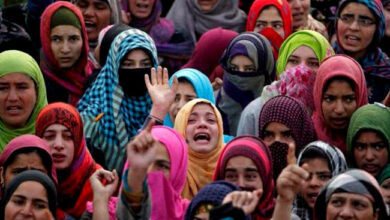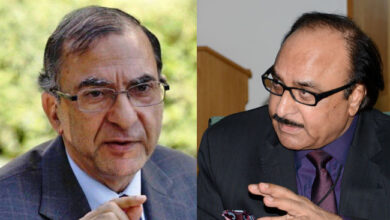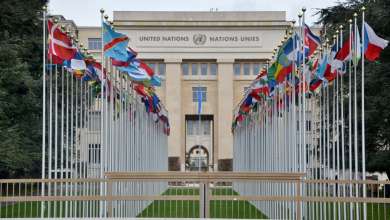THE SOPORE KILLING: Perils of Impunity Altaf Hussain Wani
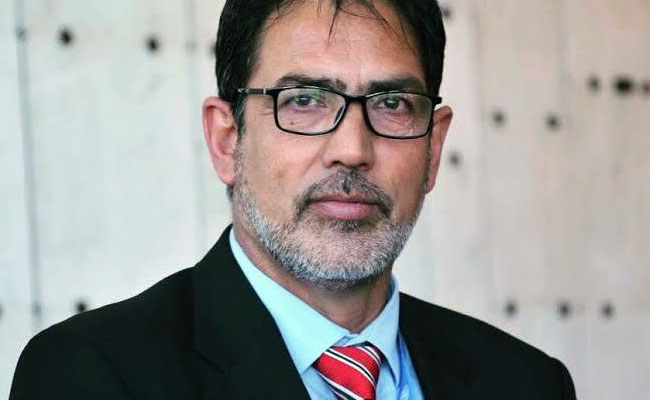
The gruesome killing of an unarmed civilian in front of his grandson by the Indian Central Reserve Police Force (CRPF) on 1 July 2020 in Sopore, north-west of Srinagar, has shocked the world. The images of a shell-shocked, speechless toddler lying on the chest of his dead grandfather were heartbreaking.
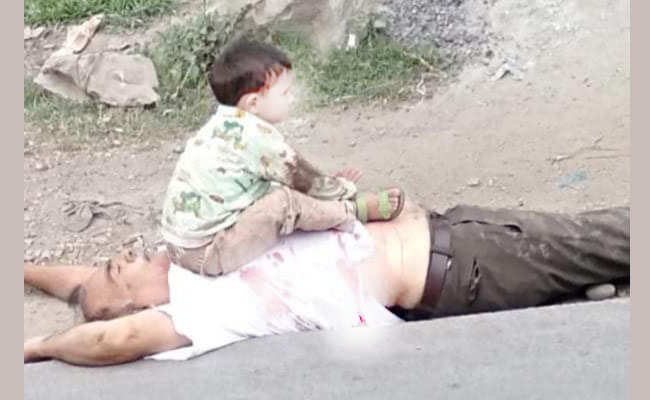
This barbaric murder by the Indian occupation forces triggered widespread condemnation and protests by residents and members of civil society from Indian Occupied Kashmir. They continue to plead for justice and an end to the state-sponsored violence which has been a hallmark of the Indian occupation.
The July 1st incident is just a tip of the iceberg. There are scores of such heart-wrenching incidents of state-sponsored violence against Kashmiris during the decades of conflict. Media sanctions imposed by the Indian authorities and the absence of social media, prevents incidents of violence gaining international attention and a cumulative humanitarian response.
One incident that should have stirred the sleeping conscience of the international community was that of a newly married bride from South Kashmir’s Islamabad district, whose husband was killed in front of her. She was later raped by the Indian forces in the bus she in which she was travelling to her husband’s home. But there was no outcry.
The gang rape of a pregnant woman from Kunan Poshpora village of Kupwara by Indian forces who two weeks later gave birth to a baby with a broken leg should have made every Indian hang their head in shame that such attacks are carried out by their military. Kashmiri women being raped by Indian troops in front of their male family members has no place in this modern world. Yet although such shameful incidents were widely reported in the local and international press the perpetrators were never brought to justice. Rape is always a crime. When committed by occupying forces it amounts to a war crime.
Systematic violence over several decades have had far reaching consequences on the physical and mental health of Kashmiri society. Living in a constant state of fear is a feature of Kashmiris’ life. According to a recent Medicins Sans Frontier report, Kashmir has one of the highest rates of post traumatic stress disorder (PTSD) in the world.
The MSF reported stated, “The results of the violence has caused a chronic trauma that affects nearly all of Kashmir’s four million Muslims, countless numbers of Hindu and Sikh residents and those displaced”. The report also highlighted that the situation in the region has deteriorated to such a level that public and private hospitals and mental health clinics are overwhelmed with the numbers of patients. Kashmir health professionals now see a rise in drug addiction and suicide rates.
This dangerous dimension of the conflict has largely been ignored internationally. Rather than viewing the Disputed Territory of Jammu and Kashmir through the prism of humanity, internationally it has always viewed it as a territorial dispute between India and Pakistan. The abysmal international response to the human rights violations in Kashmir and its reluctance to play a greater role in resolving the conflict as per international covenants, has emboldened the Indian occupation authorities to act with impunity.
Impunity from prosecution, lack of accountability for rights abuses, and the absence of an independent investigation policy and mechanism at government level, has led to countless massacres, mass murders, fake encounters, forced disappearances, extra-judicial and custodial killings.
The recent incident of killing of a grandfather in front of his grandchild therefore cannot be treated as an isolated case. Rather it should be seen in the broader context of the Indian policy intended to instil fear in Kashmiris who have refused bow to the Indian diktat and its policy of forced integration of Jammu and Kashmir into India.
The UN Spokesperson Stéphane Dujarric’s remarks that people responsible for the civilian killing in Kashmir need to be brought to account, is a welcome development. However, as killing of civilians continues to escalate, it is timely that the UN Secretary General, as custodian of peace and justice, should use his diplomatic clout to help bring an end to the bloodshed and finally resolve the dispute.
The UN must also now take into consideration the OHCHR report on Kashmir that provides a detailed account of violent crimes committed by the Indian forces in the disputed region. The recent dramatic increase in violence in Kashmir further substantiates the OHCHR report and its recommendations, particularly the need for establishing a commission of inquiry to investigate the human rights violation.
Pressure must be mounted on the Government of India to allow independent monitoring of human rights abuses being committed by its forces in Jammu and Kashmir. A robust and independent monitoring mechanism and granting free access to international human rights organisations would be instrumental in ending human rights violations and bringing perpetrators to account.
Writer is Chairman Kashmir Institute of International Relations & Vice Chairman JKNF and can be reached : saleeemwani@hotmail.com

